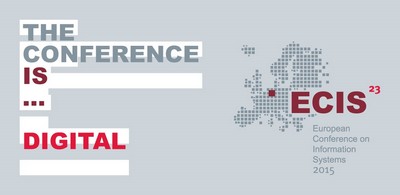DOI
10.18151/7217508
Abstract
Effort has been central in decision-making and effort saving is one of the main benefits of the use of recommendation agents (RAs). Since human-computer interactions tend to mimic human social en-counters, we focus on two distinct types of perceived effort, namely user and RA effort. In two experi-mental studies in diverse empirical contexts, we provide generalizable insights on how these types can influence perceived RA quality. More specifically, we show that perceived RA effort increases per-ceived RA quality. User effort decreases RA quality but, based on equity and reciprocity theories, such an effect is attenuated when users perceive greater RA effort. Furthermore, this interaction is less evi-dent the more familiar users are with the recommendation setting. Our findings enrich the understand-ing on the conflicting role of user effort in user behavior and can offer insights into how online retail-ers can improve their RAs.
Recommended Citation
Tsekouras, Dimitrios and Li, Ting, "The Dual Role of Perceived Effort in Personalized Recommendations" (2015). ECIS 2015 Completed Research Papers. Paper 187.
ISBN 978-3-00-050284-2
https://aisel.aisnet.org/ecis2015_cr/187


